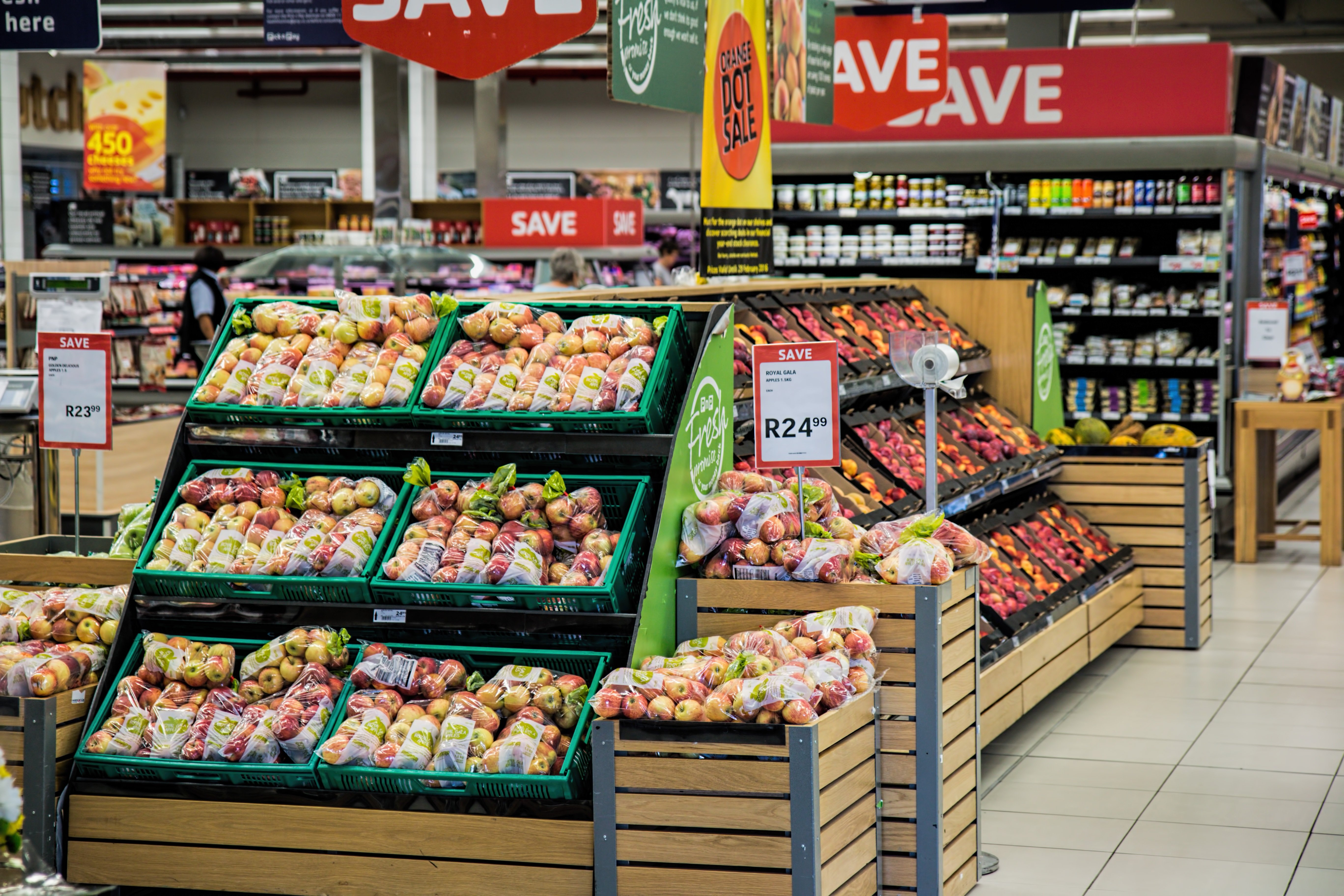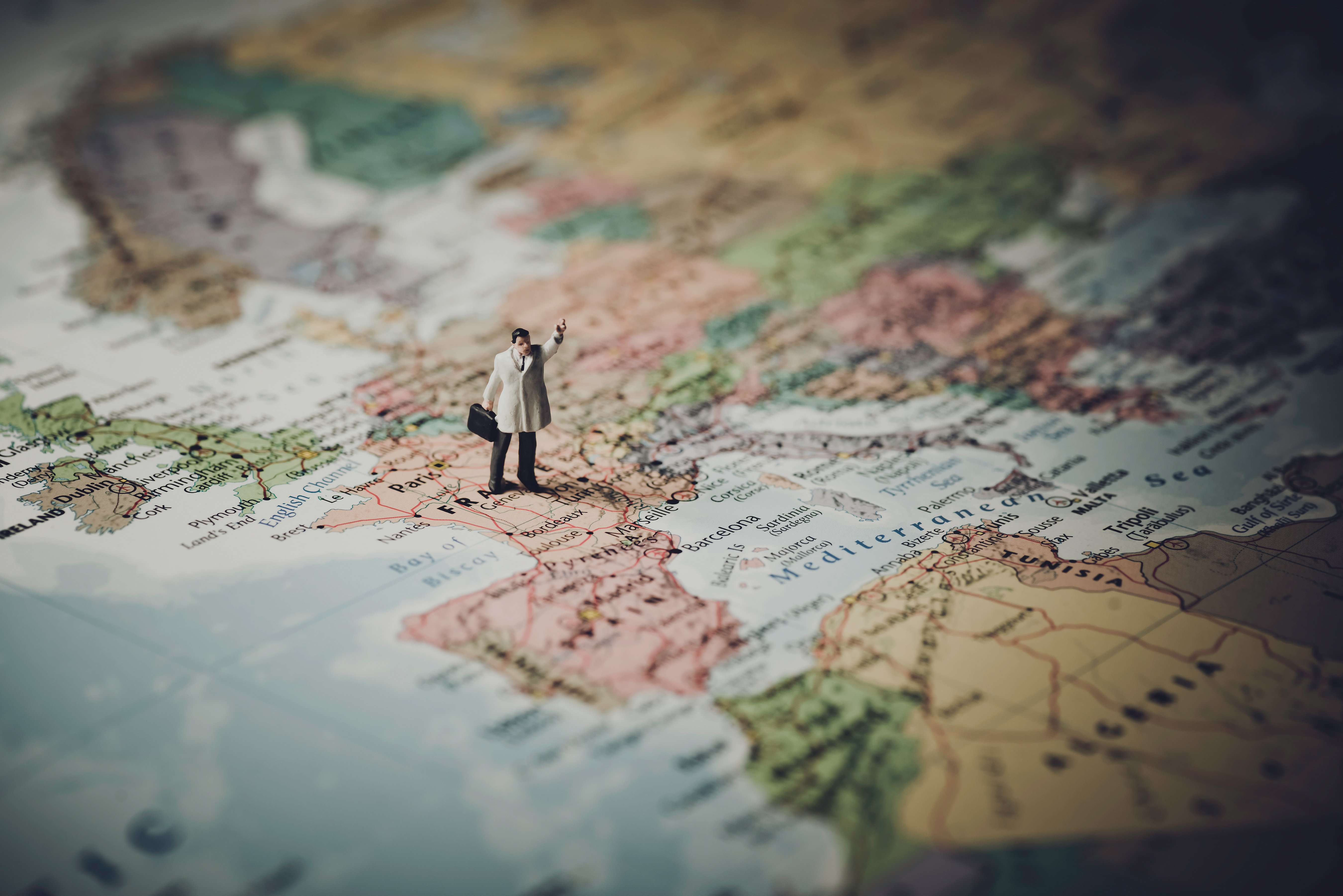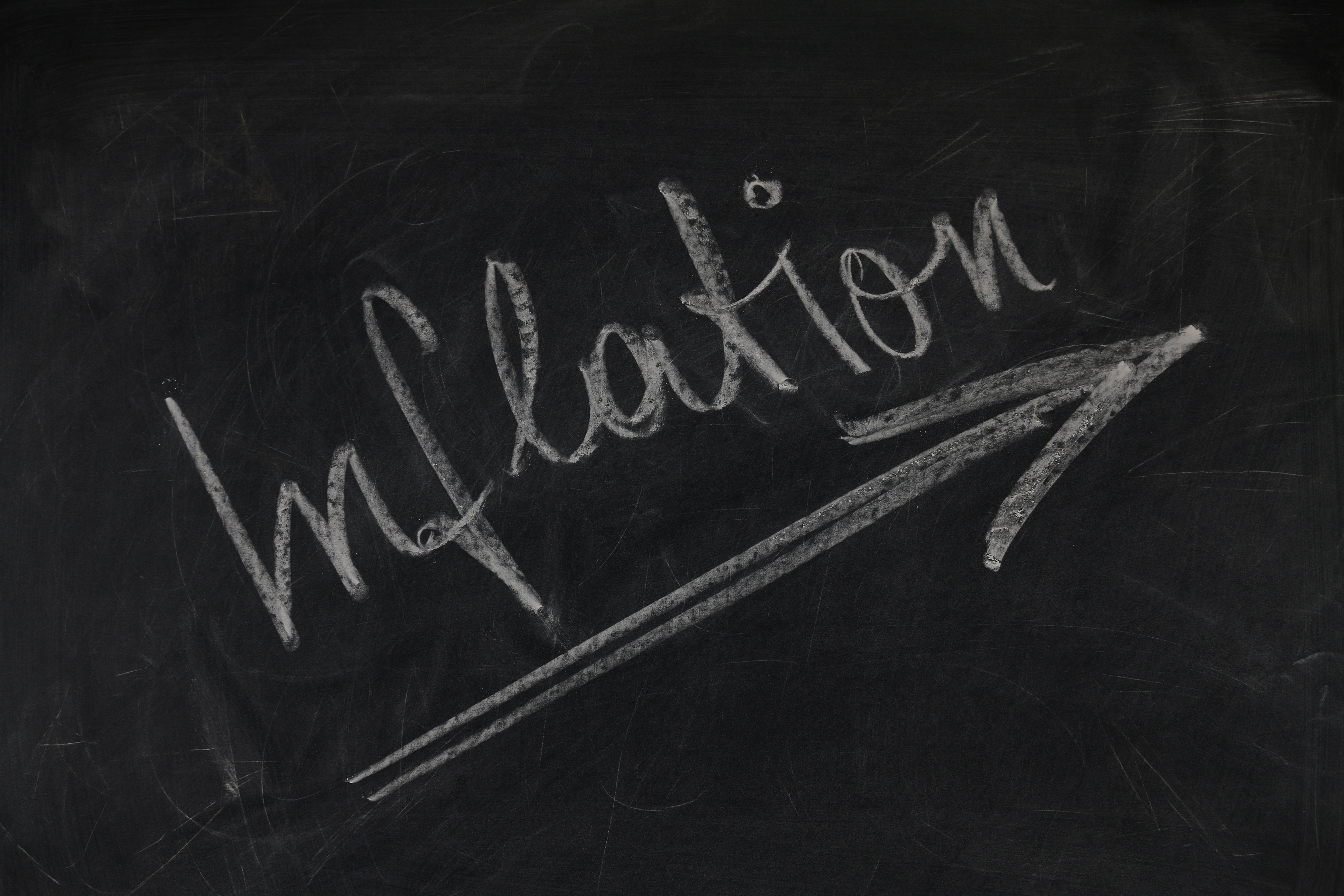
My first job was working for a large retailer in Johannesburg, South Africa. Did you know that retailers make money not just from the difference between the cost and selling price? Here are couple of ways:
INTEREST
You can sell products even before you technically pay for the stock. How does that work?
Well, your payment terms with your suppliers may be 30 days or 60 days. You therefore only paid them for their products a month or two after having had it delivered to your stores. So if you sell something quickly, like within 5 days for instance, you could put that money in the bank the same day.
That money would then earn interest for a number of weeks before you actually have to pay your supplier. This can be a huge source of income if your country has high interest rates.

FOREIGN EXCHANGE FLUCTUATIONS
Let's say you buy 1000 laptops at $1000 each from someone in the USA when the exchange rate is 1.00 USD to 0.90 EUR. So you paid 900 EUR each right? Now lets say you sell them for 1500 EUR each.
Your profit is 600 EUR per laptop right? Now what if during that time the EUR increases in value. For simplicity, lets say you sell all of them on the same day when the exchange rate is 1.00 USD to 0.70 EUR.
So now you are still getting 1500 EUR for each laptop you sell, but your cost has dropped so you make more profit. That's because you are paying your supplier in dollars (he is in the USA remember).
By the time you have to pay your supplier, each laptop effectively costs you not 900 EUR anymore, but only 700 EUR (0.70 EUR per USD times 1000 USD) So now your profit per laptop has gone up from 600 EUR to 800 EUR. For the 1 000 laptops that you bought in America and sold in Germany, your total profit has therefore gone up by 200 000 EUR.


LOCATION, LOCATION, LOCATION...
One of my MBA professors or lecturers said that McDonald’s is not really in the fast food business. They are actually in the real estate business. They look for properties at strategic locations all over the world and then put up their restaurants there. So, even if they break even in the actual selling of burgers and fries, they still make money from buying and selling properties.

INFLATION
This one is a bit sneaky. When their cost prices (the prices they pay their suppliers for the stuff they buy from them) fall) they keep their prices to the customer the same. In other words they don't pass on the savings. So more profit for them. There are a number of reasons why the prices they pay for the stuff they sell to you may fall:
1. Deflation in the economy.
2. Fuel prices fall.
3. Exchange rate - when your currency is strong, everything gets a little or a lot cheaper especially when you are importing (see FOREIGN EXCHANGE FLUCTUATIONS above)




